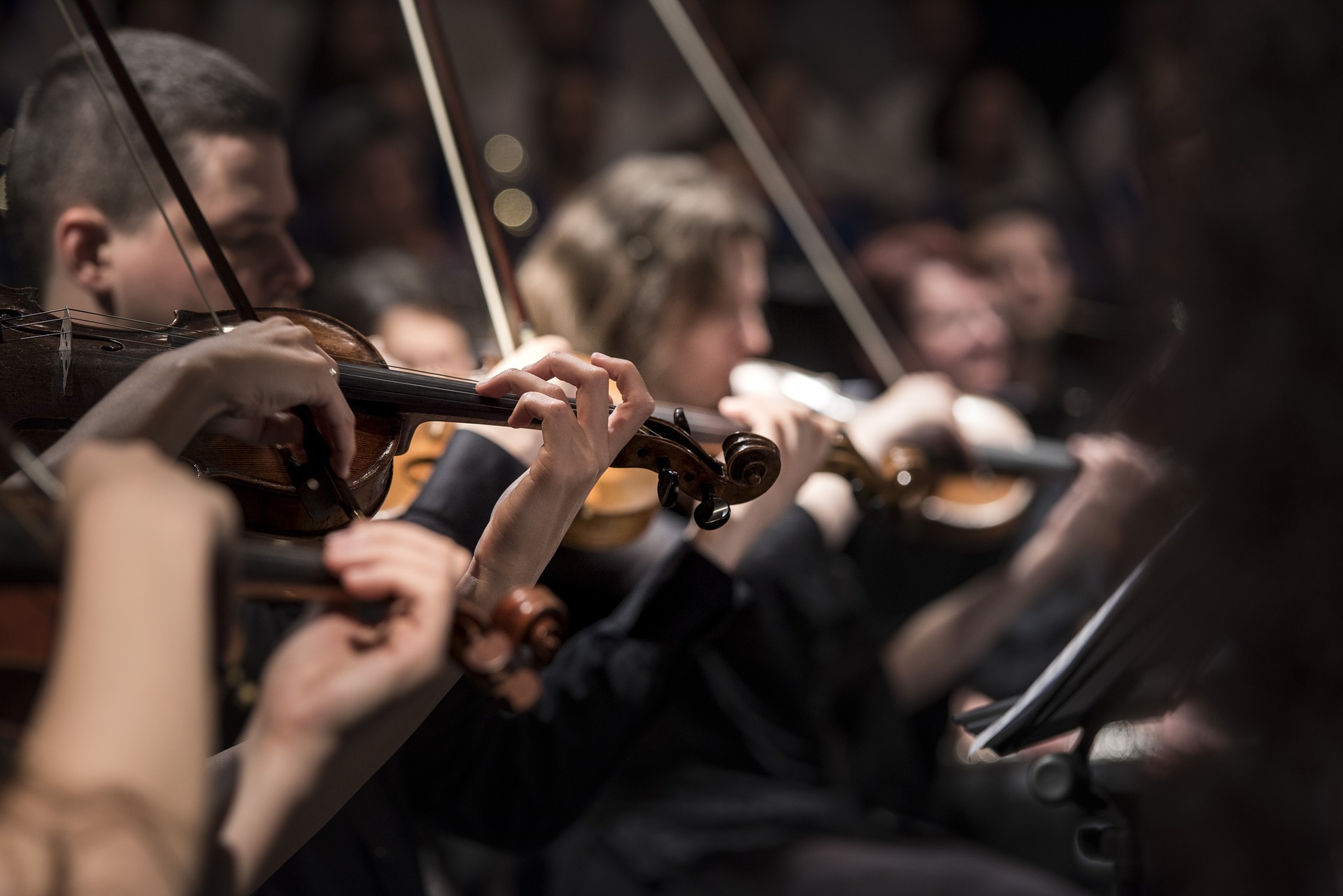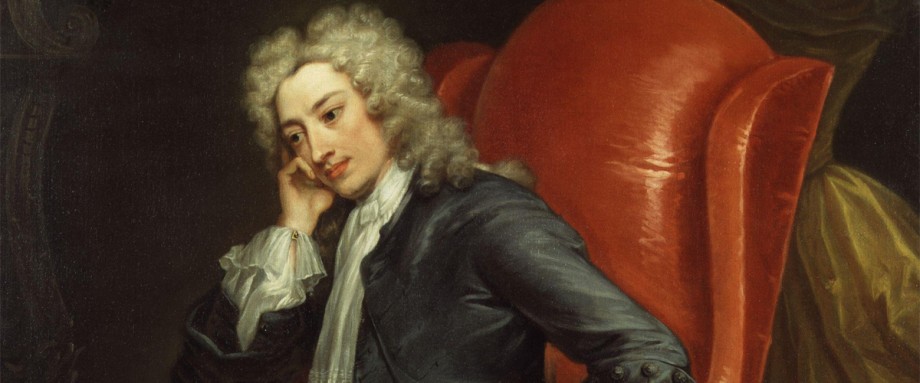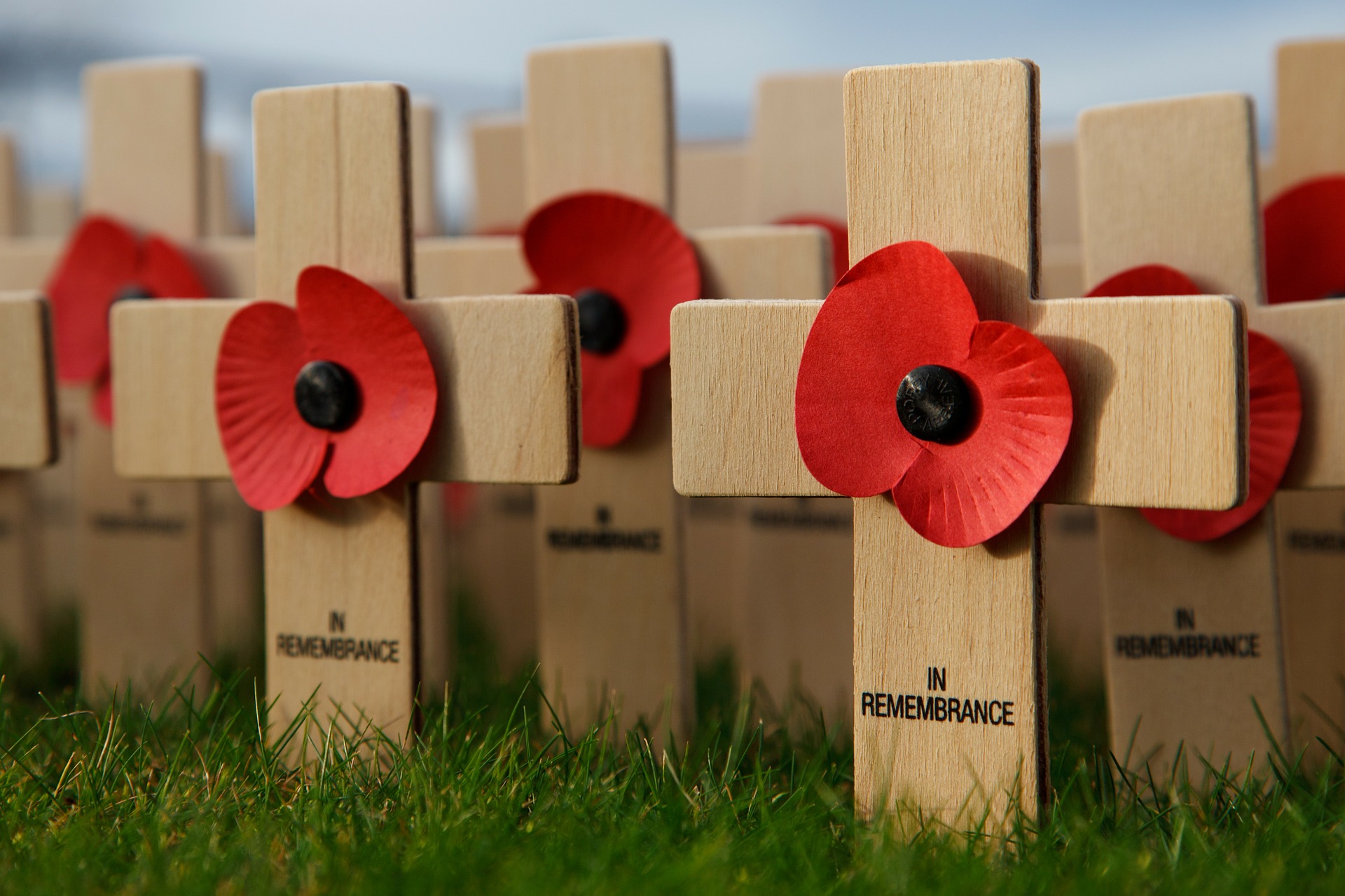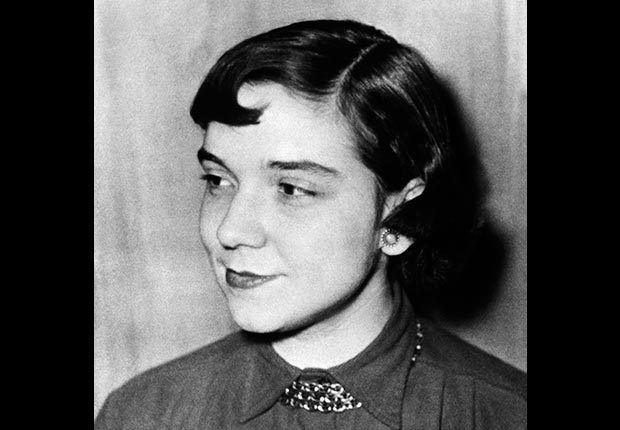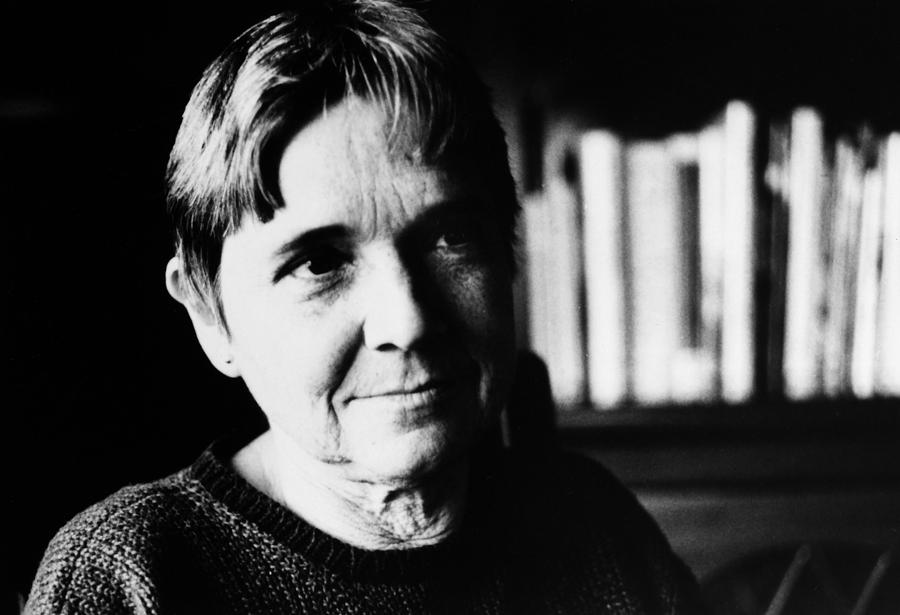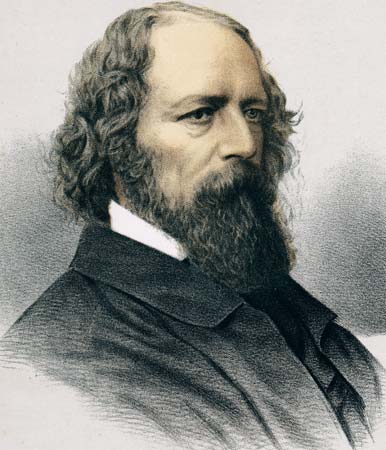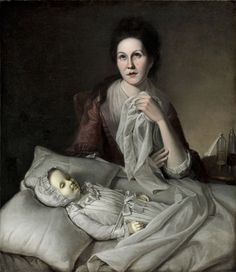Anne Sexton- Anne Sexton was born as Anne Gray Harvey in the year 1928 in Newton, Massachusetts. Her life went through a stint of experiences, including finishing school, a hand at modelling, and a turbulent marriage. She was diagnosed with postpartum depression in the year 1954 and suffered from mental breakdown repeatedly then on. She was encouraged to take up poetry by her long time psychiatrist. During her poetic career, Sexton was honoured as one of the notable American poets. She won Pulitzer Prize for her final collection of poetry “Live or Die”. She was a fellow of the Royal Society of Literature and the first female member of the Harvard chapter of Phi Beta Kappa. But eventually depression took toll of her and she ended up committing suicide by carbon monoxide poisoning.
Setting of Live-
Live is the last poem of the widely acclaimed anthology of poems, “Live or Die”. The chronologically arranged poems are a composition of fierce and intimate autobiographical elements. Almost all the poems in the collection have a nightmarish outlook while the final poem Live renders an affirmative theme with title, a single command “Live.” The poem is an intensely female experience, with a strong and powerful voice. The first line of the poem clearly describes her unusually honest approach towards poetry, and her forthright, unflinching focus on feminist themes and human body. Her poems are confessional and doesn’t confine to any set rules. Sexton poetry usually deals with intimate subjects that are traditionally considered as taboo, such as human body, motherhood, menstruation, suicidal tendencies, her private life and drug addiction. She was an expert at structuring her poem unconventionally. She speaks with total conviction and openness and creates brilliant images.
Poetic Devices of Live-
Paradox:
Line 77 – 78: “I’m an empress. I wear an apron.”
Hyperbole:
Line 15: “…baby on the platter”
Line 16: “cooked but still human”
Line 60: “lovers sprouting in the yard”
Simile:
Line 14: “mud like ritual”
Line 32: “like a fish”
Line 46: “Today life opened inside me like an egg”
Line 63: “a husband straight as a redwood”
Line 81 – 82: “…I’m as nice, as a chocolate bar”
Line 98: “…to pull them down like stone”
Line 102: “…lined up like cord wood”
Line 103, 104, 105: “each, like a, birch tree”
Style:
The poem is written with no internal or external rhyme and an absence of meter can also be noted. It is a typical free verse with varying line as well as stanza length.
Summary of Live-
The poem begins with a note of request where the poetess prays to let live or die and not adulterate everything that is dear to her. She has been living with company of death for long that her heart is being mutilated so deeply. She is no longer able to look upon things as it is with her suffering heart. She observes the world through the veil of obscenity. She tries to overcome this outright lie by covering her naked mind. She repeatedly tries to dress it up under a shroud of normalcy, but again and again depression takes toll of her and she gets exposed. She reaches a point where she wonders if life is some kind of act, which no one wants to act in. There is always criticism and judgements surrounding you, forcing you to accept what the society wants you to. Probing further into life she finds a silver lining of hope. She is able to find an answer in the chaos like a dream – a perfect life with a perfect family, but even they take her love for granted and make her just an instrument in their life.
All along in her depression she thought of herself as the poisoner, who was just playing along. Then she finds out that the witch is actually not inside her, but in the world where she lives. When the reality of life dawns upon her, she makes a turn-around to get back to what she really was and appreciate the true worth of life. She promises to love and care more and keep away from the poison of depression. She no longer wants to be in the company of death and the part of the hospital. She is done with all the treatments and wants to live a life like a dream, cuddling the exciting gift of life close to herself.
Critical Analysis of Live-
“Put your ear down close to your soul and listen hard.” This is precisely when one gets to grasp the intricately woven symbols of Sexton’s poetry. Poem Live begins with a note of request and recurrently becomes depressing and hopeful. It is a very lengthy poem written in free verse. The first stanza deals with Death as a guest and the social construction of religious rituals that makes one do things against his conscience. Yet the poetess tries to get a hold of things even in the agony and move ahead. But however hard she tried to hide her shortcomings, the society kept uncovering it, exposing it rather brutally. So she goes on to act coy. Life had something else in stock for her, with all the interruptions and interpretations along with sadist judgements.
She gives life a chance to open up again in life, the way one tries to get hold of life after going through a metal breakdown. She has surprises in stock from life. She is burdened by the duties of a mother and a wife. She despises the fact that she is taken in for granted. All along she thought of herself as the killer of joy in her beloved one’s life. There is a strong urge to do away with that feeling that she tries to fill in the beauty of life into theirs and take away the poison for herself. From all the above ideas it can be assumed that Sexton’s poems are her own intimate portraits.
Tone of Live-
The poem begins with a tone of request and moves on to take up an ominous tone, reflecting upon the mental agony the poetess had to go through. However she ends the poem with an encouraging note to her readers to enjoy the miracles of life. The gradual shift from macabre tone to an optimistic one leaves reader with a cause of sadness as well as celebration. Her tone is frank, assertive and of total conviction.
Central Idea of Live-
Live, the title speaks for itself. The poem is all about living different aspects of life, going through each and every difficulty one by one and finally not giving into the set notions of society. Anne Sexton asks readers to live life because it is a gift rather than a burden which she keeps talking about in the entire poem until the end lines. She asks us to cherish the beauty of nature and one’s own mind rather. With one little word “live” she speaks volume.
Conclusion- There is nothing more priceless than the gift of life. Even with tragic events surrounding it from every nook and corner, life is something to be lived to its fullest. The only choice is to “live or die”. You have no right to poison it with malicious thoughts and heartless deed. But there is no running away from these cruelties of life, so Sexton says, however hard it might get, bear along the agony, for life is an excitable gift from a higher plane. It’s a blessing to be devoured completely by not letting the corrupt world get to you.
Some online learning platforms provide certifications, while others are designed to simply grow your skills in your personal and professional life. Including Masterclass and Coursera, here are our recommendations for the best online learning platforms you can sign up for today.
The 7 Best Online Learning Platforms of 2022
- Best Overall: Coursera
- Best for Niche Topics: Udemy
- Best for Creative Fields: Skillshare
- Best for Celebrity Lessons: MasterClass
- Best for STEM: EdX
- Best for Career Building: Udacity
- Best for Data Learning: Pluralsight

